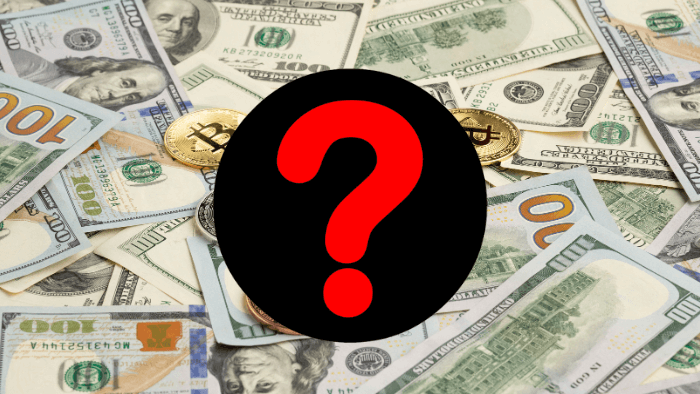Unlock the US Election Countdown newsletter for free
The stories that matter on money and politics in the race for the White House
The dollar weakened on Monday in a partial reversal of its gains after polls over the weekend indicated the presidential race between Kamala Harris and Donald Trump was deadlocked.
An index measuring the dollar against a basket of major currencies including the pound, euro and yen fell 0.53 per cent, on course for its biggest one-day drop since September.
Polls showed a shift favouring Democrats compared with last week. A closely watched survey suggested an unexpected groundswell of support for Harris in Iowa, a state that has in the past been dominated by Trump.
The poll, run by non-partisan pollster J Ann Selzer and released over the weekend, is considered the “gold standard” of opinion surveys in Iowa.
“There seems to be some [dollar] reversal today on the Iowa poll,” said Ju Wang, head of greater China foreign exchange and rates strategy at BNP Paribas, noting that Asian currencies broadly gained against the dollar on Monday.
The yen and renminbi strengthened 0.8 per cent and 0.5 per cent, respectively, against the dollar on Monday morning. The yen is still down more than 2 per cent against the dollar in the past month.
Growing expectations of a Trump victory in the US presidential election on Tuesday, along with unexpectedly strong economic data, had boosted the dollar to its largest monthly gain since April 2022.
Investors believe that if Trump wins and implements trade tariffs and tax cuts, inflationary pressures would rise, making it less likely for the Federal Reserve to rapidly cut interest rates.
The 10-year Treasury yield, which has risen in lockstep with Trump’s prediction market odds over the past few months, also fell.
The yield on the two-year Treasury fell 0.03 percentage points to 4.17 per cent, while the yield on the 10-year bond dropped 0.05 percentage points to 4.31 per cent. Bond prices move inversely to yields.
The US Federal Reserve is expected to cut interest rates by 25 basis points on Thursday, two days after the election.
On Friday, the US economy recorded its weakest jobs report of the Biden administration, with just 12,000 jobs added, after disruption caused by hurricanes Helene and Milton and labour strikes. The figure was below a forecast of 100,000 from economists polled by Bloomberg.
“Trump polling gains have fed into dollar bullishness . . . but so has outperforming growth,” said Barclays analysts in a Sunday note.
Credit: Source link














